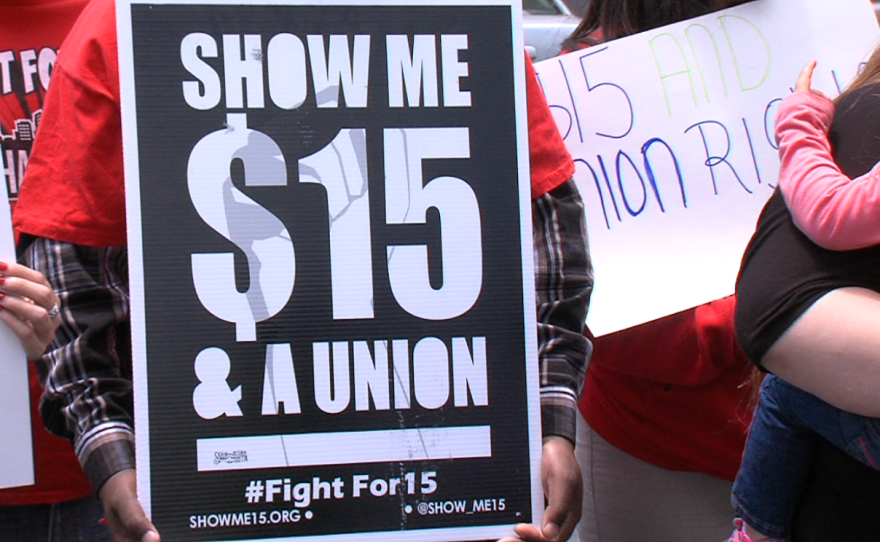Starting in the new year, a statewide law increases the minimum wage rate for businesses with fewer than 25 employees from $11 to $12 an hour, and from $12 to $13 an hour for larger businesses.
It's part of an effort to raise the minimum wage in California to $15 an hour by 2023.
Corbin O'Reilly owns Corbin's Q BBQ and Brew House in San Diego. He has been making BBQ for six years, first in catering and then two years ago he opened up a restaurant. He grew his business from a staff of three to 15. Starting on Jan. 1, he will have to pay his minimum-wage employees $1 an hour more.
"It really impacts our bottom line. We have so much overhead built-in around the restaurant and any little thing just adds on, especially if you're working a longer event, a catered event, and overtime kicks in as well, So these types of things just kind of weigh down the business," O'Reilly said.
He says the only way to offset the increased labor costs is to charge customers more.
"We hate to raise the prices on things, but that's usually how it comes back. So we can keep affording our bottom line," he said.
Ponce's Mexican Restaurant has two locations in San Diego and employs 57 people. Many of them will see their wages increase Wednesday too.
"It's going to mean that our employees who make minimum wage will get an extra dollar an hour, which is nice because the cost of living in San Diego is really, really high," said Mikey Knab, director of operations for Ponce's Mexican Restaurants. "A lot of folks who work for minimum wage cannot afford to live near where they work and unfortunately, that includes where I run my restaurants."
Knab says he might have to increase food prices too, but he wouldn't directly attribute that to solely rising labor costs.
"That's called commerce. You raise your prices. That's what happens. All of our costs go up over time, that's inflation," he said. "So fuel costs go up. That means all my delivery truck drivers are going to ask for more on their delivery fees. All our costs continue to rise."






